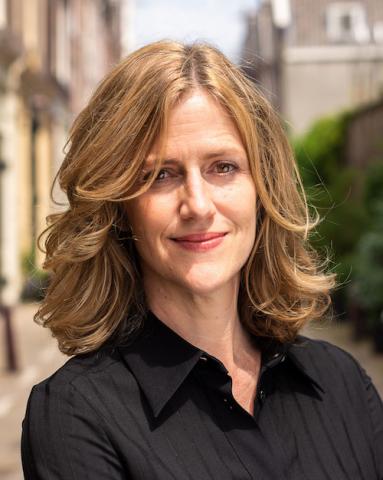Mackintosh Joins Expert Panel on ‘Ecocide’ Crimes

Kate Mackintosh, the executive director of the Promise Institute for Human Rights at UCLA School of Law, has joined a panel of leading international lawyers and judges who will work to draft a definition of “ecocide” as a potential international crime alongside terms including genocide, war crimes and crimes against humanity.
Mackintosh will serve as co-deputy chair of the panel, which will start work this month and present a draft early next year. The group was convened by the Stop Ecocide foundation following requests from government leaders in Sweden. Its work begins as international human rights advocates mark the 75th anniversary of the start of the Nuremberg trials of Nazi officials.
Mackintosh joined the Promise Institute in 2018 after more than two decades as a leader in international human rights and criminal justice, including eight years as a primary legal and policy advocate with Doctors Without Borders. Her work on the ecocide panel mirrors her previous efforts in developing policies and rules for international criminal tribunals and others.
“I am deeply gratified to join this distinguished panel of international legal experts to shape a definition of ecocide that courts and advocates may use in the coming years,” Mackintosh says. “As climate change continues to wreak havoc around the world, now is the time to make clear that crimes against the environment transcend national borders and must be tackled on a global level.”
For Mackintosh and the Promise Institute, the ecocide work continues recent initiatives to curb crimes in the environmental sphere. Earlier this year, the institute co-sponsored a symposium, “Human Rights and the Climate Crisis,” that drew more than 250 participants and featured keynote addresses from Honduran activist Bertha Zúñiga Cáceres and Kumi Naidoo, the former executive director of Greenpeace and secretary general of Amnesty International.
After that event, Mackintosh convened an expert workshop on the potential for international criminal law to address environmental harm. The group was asked to provide legal advice to the European Parliament on how to bolster environmental protection through international criminal law. The European Commission has since agreed that a crime of ecocide will be part of reflections around amending its existing directive on environmental crimes.